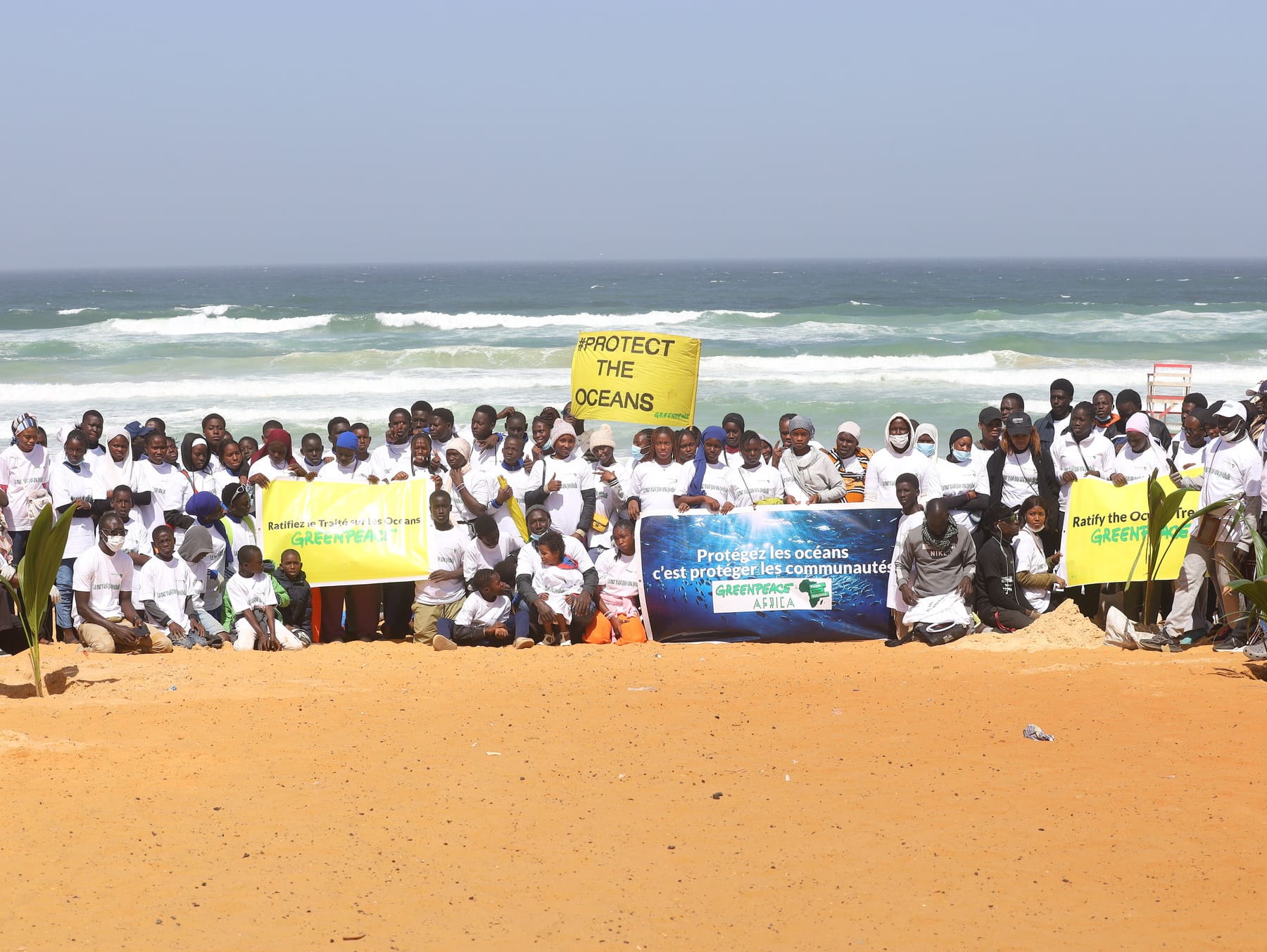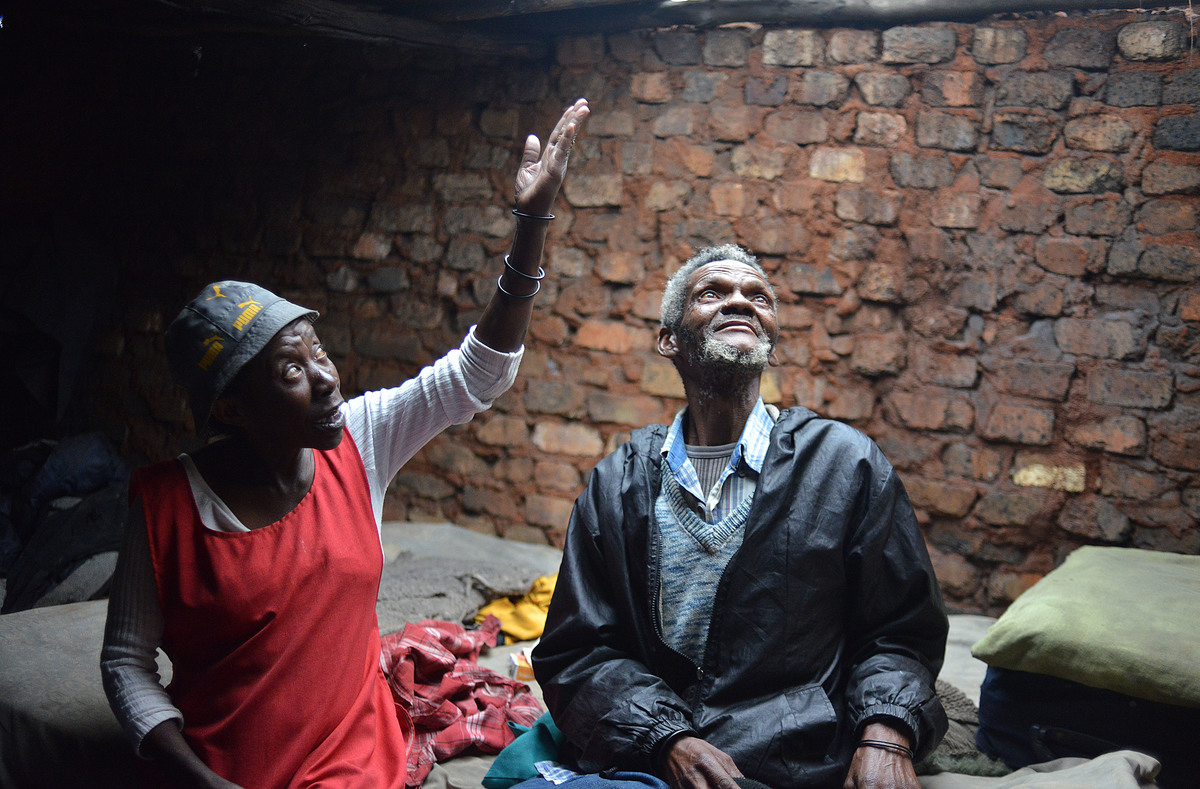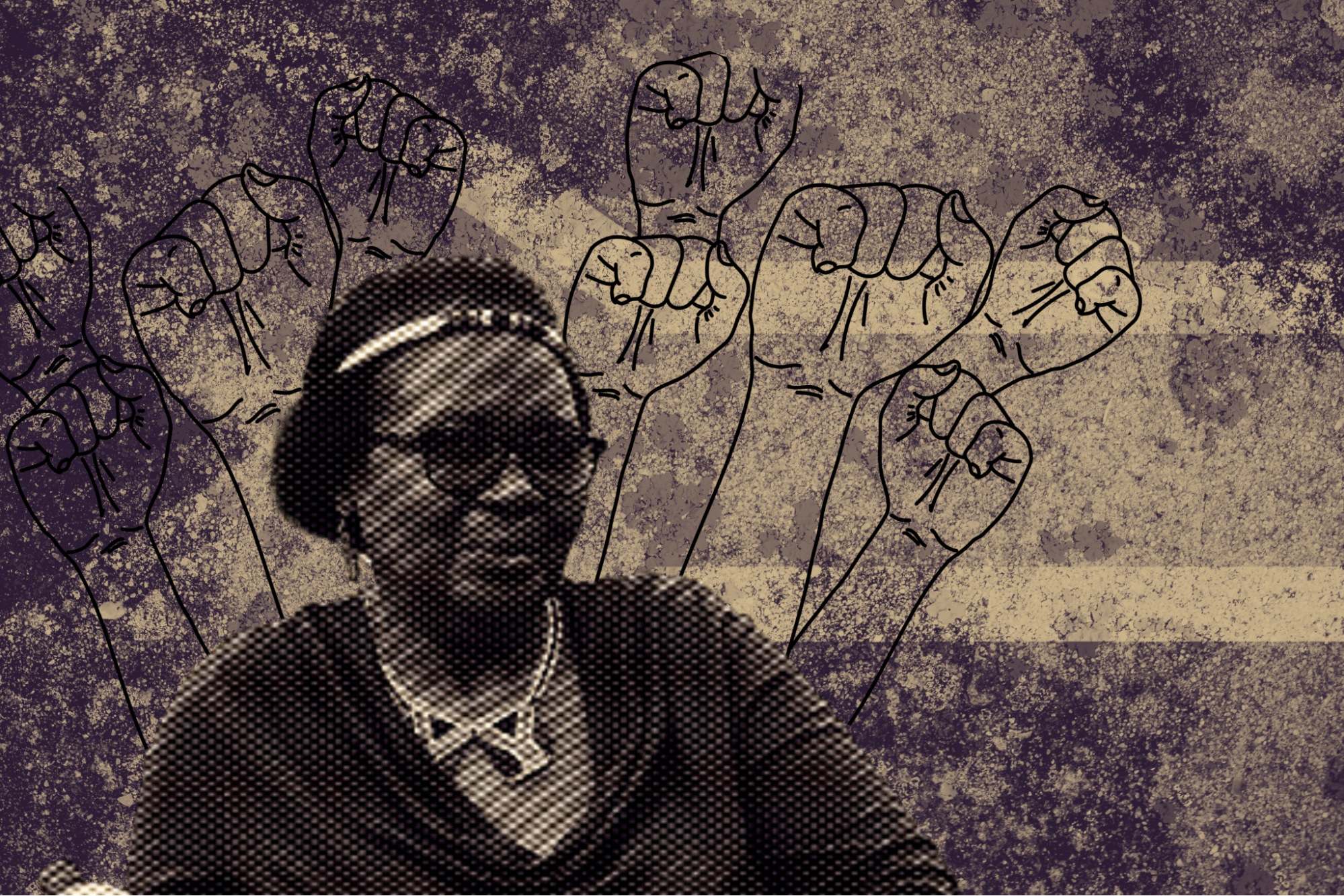“We have a single opportunity, to change the narrative on water, by acting timeously in pursuit of a more promising future, in a better world, which should never face the scenario of the last single drop of water, in our lifetime and for generations to come”. – President Cyril Ramaphosa
This year, South Africa will observe World Water Day under the ominous cloud of the Cape Town water crisis, and the stark reality of long-term water scarcity in South Africa and beyond our borders. The spotlight on water is at the heart of all conversations in South Africa with questions mainly being raised around sustainable water management, government’s role in the securing access of clean water for all citizens, and the future we face with alarming rates of drought and other weather extremes around the world.
The people who felt this the most were the citizens of Cape Town. Earlier in the year, Cape Town was declared a national disaster zone and tight water restrictions were put in place to avert Day Zero. The world’s eyes were watching one of the major cities in the world to see what the impacts would be on tourism, employment and if any, tensions that would arise in the given circumstances. A scary total of 50l a day is what Capetonians are currently given for everyday use. Let that sink in…
The real question though is what is the meaning of this? What happens when we see that water access is not a question of where you live, how much money you have or where you shop. It’s bigger than that. Water is life.
The water story in South Africa is not a good one. Our Department of Water Affairs and Sanitation has collapsed. As we see the population grow, demand is going to exceed supply in the long term, and it will be difficult to close the gap. Dam levels are only part of the story, we continue to exploit our rivers and surface water. According to the South African Human Rights Commission there has been an increase in complaints relating to the right to water between 2012 and 2016, which is tied to the lack of basic service delivery. This is likely to worsen unless people’s right to water is protected and put first.
While the people in South Africa struggle with these very complex water issues, mega water users like coal mines, Eskom and others have access to high quality water. An estimated two thirds of South Africa’s water goes towards irrigation for agriculture, which creates an important land-water connection that should not be ignored. However, single water users can also use mind-boggling amounts of water. Protests were recently held at Coca Cola offices against their water-intensive production processes and Eskom has the dubious honour of using 10 000 litres of water per second. Eskom is also the only strategic water user listed in the National Water Act, which means that the utility would get access to water above every other user, even in the case of a catastrophic drought or ‘Day Zero’ scenario.
Day Zero is a sign of the times and in fact, millions of South Africans live with Day Zero every day, because they don’t have access to water. Water scarcity is a massive problem, and it is not going to go away. Greenpeace believes that the 2002 UNESCO General Comment [3] that ‘the human right to water is indispensable for leading a life in human dignity. It is a prerequisite for the realisation of other rights’ goes to the heart of the matter. The days of mega water users having unlimited access to water at the expense of the people of South Africa must be over. We must change the narrative around water, and we must defend our right to water at all cost.
Related Posts
-

Beach clean-up in Malibu, Senegal: communities come together for action on plastics – but we need to stop it at the source
Under the banner of Greenpeace Africa, around a hundred volunteers including local youth, passers-by, and community members gathered with gloves and bin bags for a large-scale beach clean-up and brand audit.
-

South Africa Elections 2024: The Energy Crisis, The Unemployment Fix & You
How does a vote for clean energy and the climate agenda improve everyday South African life?

